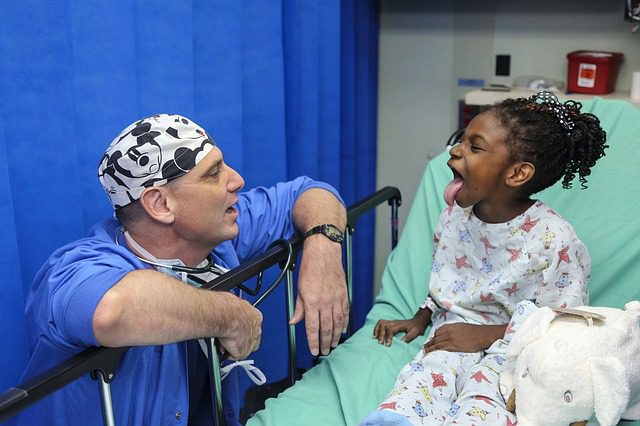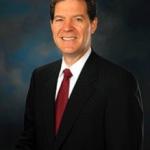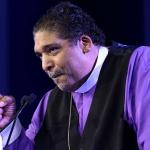
If my child dies because I forbid medical treatment for religious reasons, should I be held criminally liable?
This is a very interesting — and different — kind of religious freedom question. Today’s most contentious and popular religious-liberty debates center around ObamaCare’s contraceptive mandate, wedding vendors’ conscience objections, and government money flowing to religious organizations that do not affirm same sex relationships.
But the Pew Research Center recently produced a report about little-known exemptions in state laws concerning child abuse and neglect.
All states prosecute parents whose children come to severe harm through neglect. But in 34 states (as well as the District of Columbia, Guam and Puerto Rico), there are exemptions in the civil child abuse statutes when medical treatment for a child conflicts with the religious beliefs of parents, according to data collected by the U.S. Department of Health and Human Services.
Additionally, some states have religious exemptions to criminal child abuse and neglect statutes, including at least six that have exemptions to manslaughter laws.
As someone who has accepted some religious liberty claims and rejected others, I find this to be a fascinating question.
For obvious reasons, I do not hear religious freedom advocates talking about the importance of defending parents’ rights to watch their children die because they have some religious objection to medical treatment. As the Pew report points out, states quickly consider ending religious exemptions when children die needlessly.
Mainstream religious freedom advocates are most comfortable defending the freedom of “normal” religions with “normal” objections. For instance, it tends not to be very controversial that Catholic hospitals are not forced to perform abortions, which the Catholic Church considers to be a grievous moral evil. And religious institutions commonly expect exemptions from nondiscrimination statutes that protect sexual orientation and gender identity.
But who is in the public square working hard to protect the rights of adherents to minority religions to deny medical treatment to their own children?
Lately, conservative religious-liberty advocates have raised eyebrows by saying that they want religious freedom for all, not just for themselves. This has evidently been hard for some conservative Christians who do not have much familiarity with Islam.
But who is included in “all” when we speak of religious liberty for all? What are the limits of religious freedom? And who decides?
Most states allow religious exemptions from child abuse and neglect laws
















